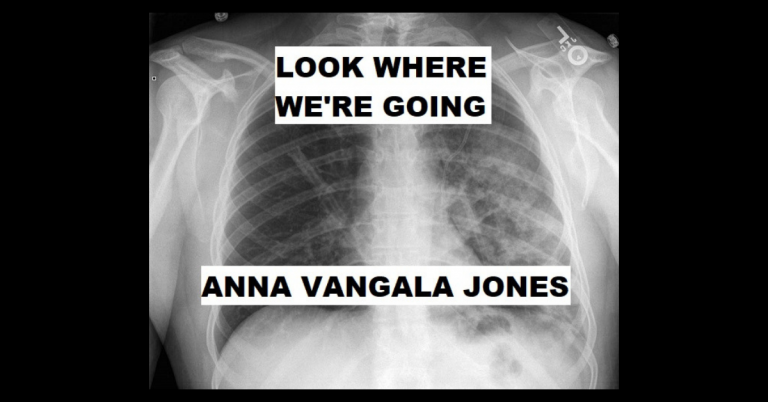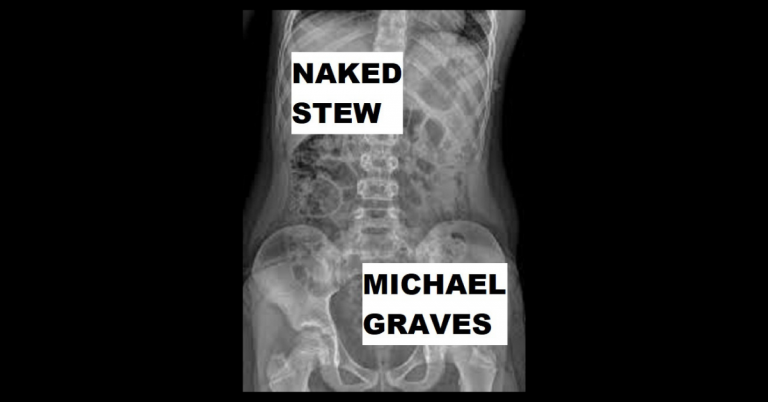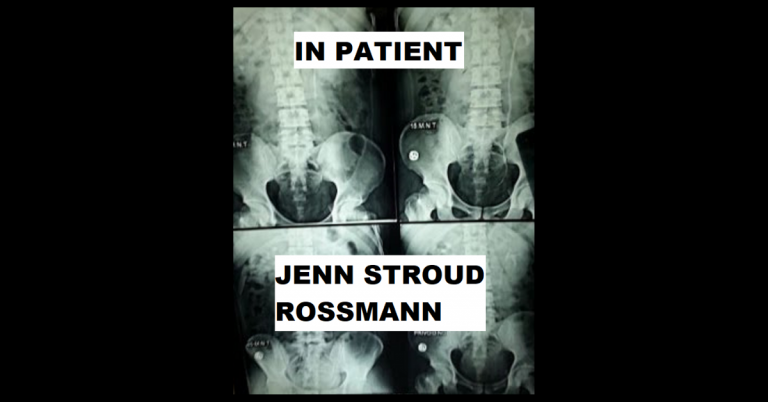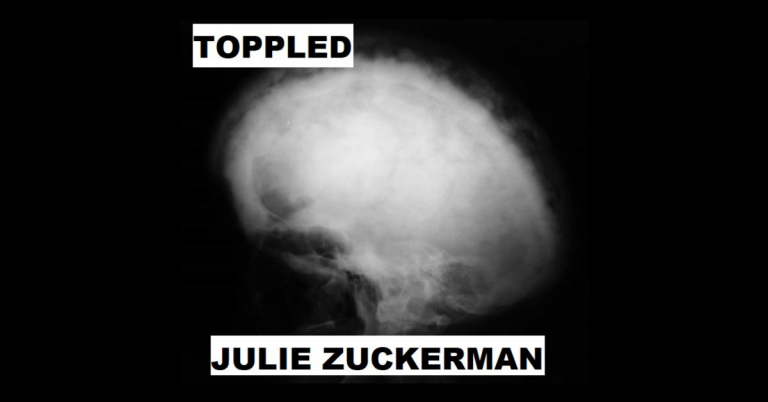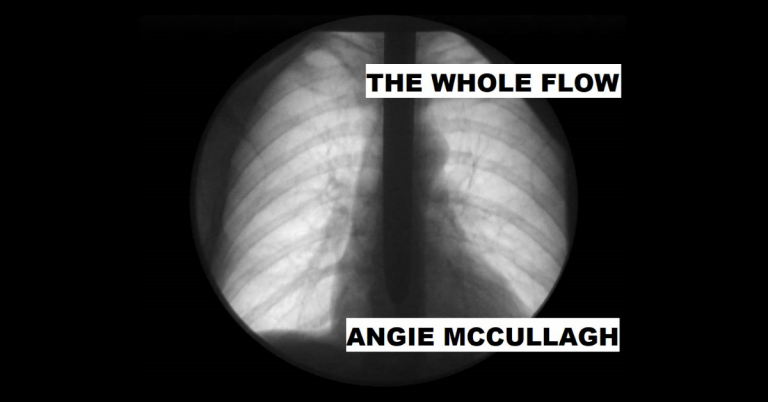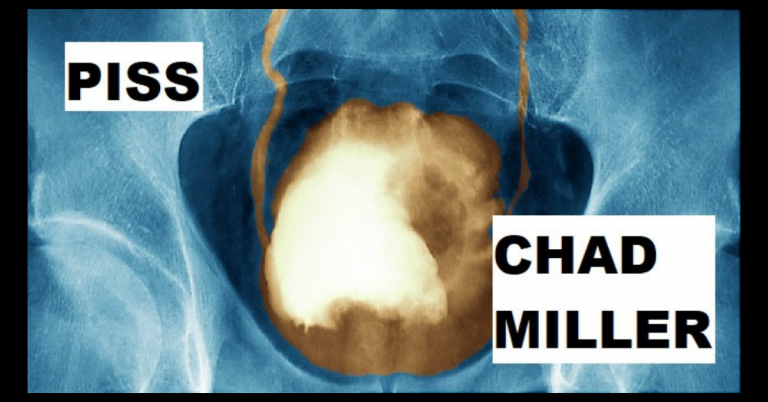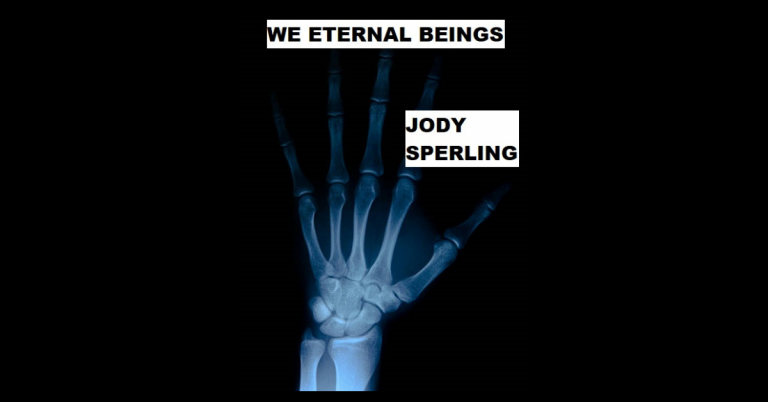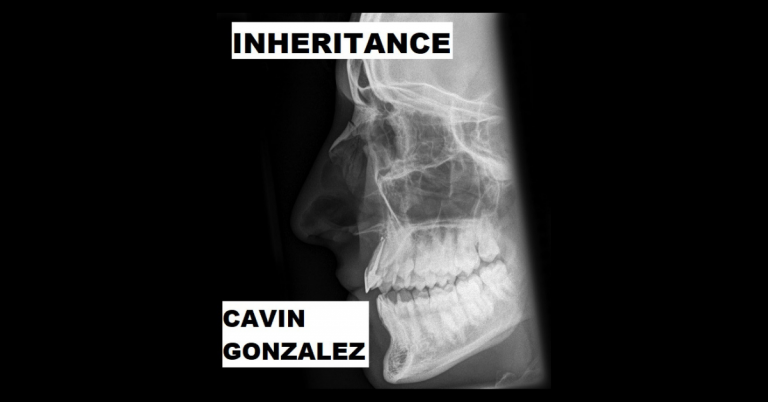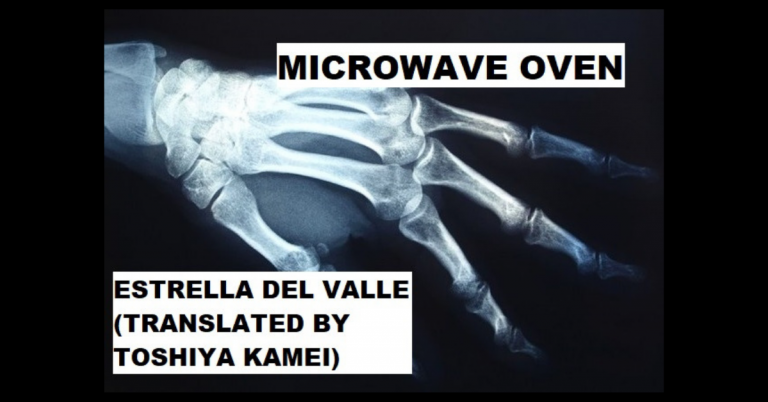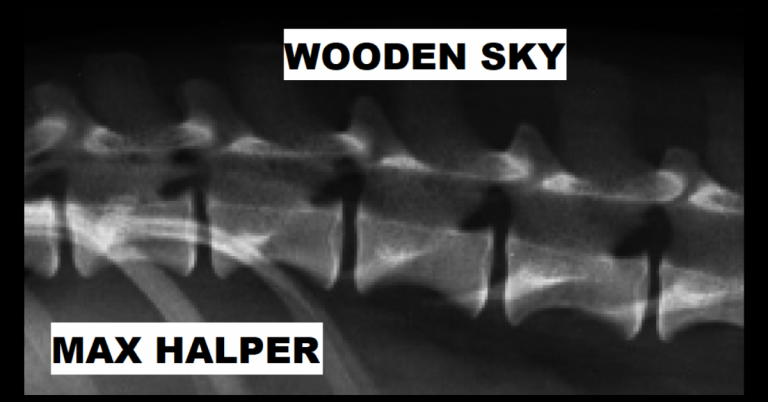
WOODEN SKY by Max Halper
She has beautiful veins. Like stained glass, he thinks. But everything is stained glass when he’s this high. Everything is one big hallowed tableau. This is what church endeavors to be, he thinks, on his back. If church and heroin did a collaboration, he’d be the Pope of that shit. The Dope Pope. Pope-on-some-Dope. He watches her veins through lashy eyes. He watches the needle, erect, rapacious. The back of his brain whistles, like tea in another room. He has no memory of anyone ever making tea. He must’ve seen it in a movie. But it’s tea. Everybody knows what

